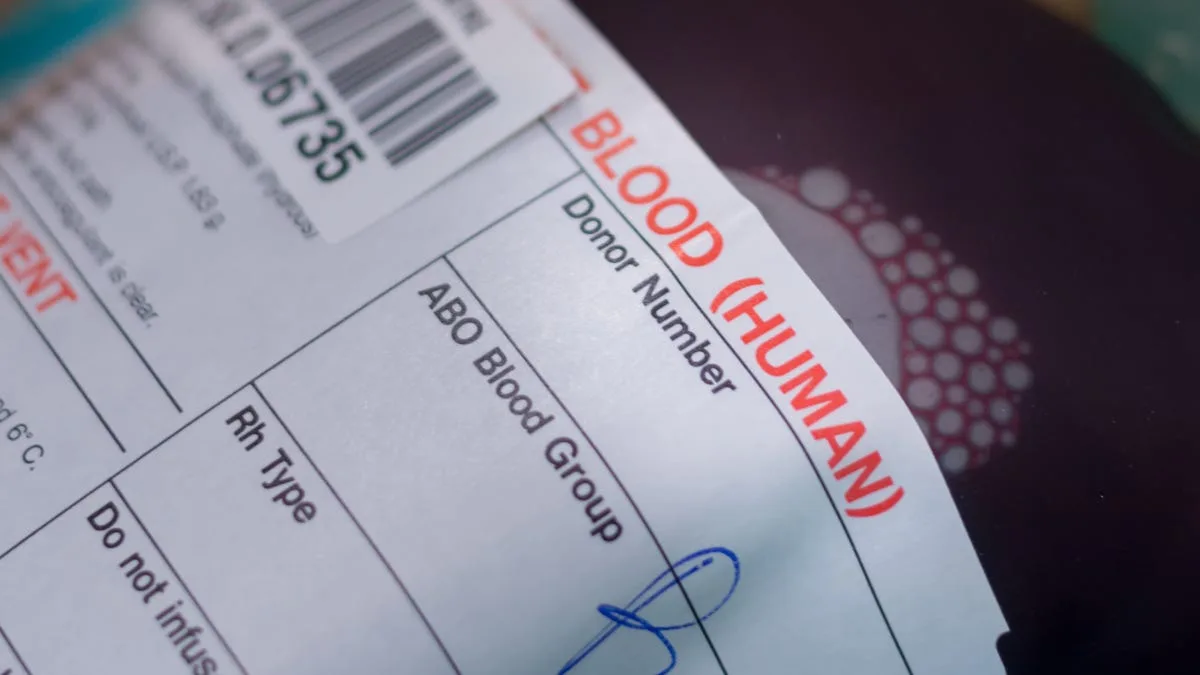Decoding Your Blood Type: What It Means for Your Heart
Have you ever stopped to consider the secrets hidden within your blood? Beyond its life-sustaining properties, your blood type might offer valuable insights into your overall health, particularly your cardiovascular well-being. Understanding your blood type can empower you to make informed decisions about your lifestyle and health management.
Why Knowing Your Blood Type Matters
Your blood type is determined by the presence or absence of certain antigens on the surface of your red blood cells. The ABO blood group system classifies blood into four main types: A, B, AB, and O. Each type carries different implications for your health.
- Potential Cardiovascular Risks: Research suggests that certain blood types may be associated with a slightly higher risk of developing heart disease. For instance, individuals with non-O blood types (A, B, and AB) may have a greater propensity for blood clotting, potentially increasing the risk of thrombosis and cardiovascular events.
- Individualized Health Management: Awareness of your blood type allows for a more personalized approach to healthcare. Doctors can use this information to assess your risk factors and tailor preventive strategies accordingly.
Blood Type and Heart Health: What the Studies Say
Several studies have explored the relationship between blood type and heart health. While the findings are not definitive, some notable trends have emerged:
- Non-O Blood Types: Some studies indicate that individuals with blood types A, B, or AB may have higher levels of certain clotting factors, potentially increasing their risk of blood clots and cardiovascular disease.
- Blood Type O: Individuals with blood type O may have a slightly lower risk of cardiovascular disease compared to non-O blood types. However, they may face other health considerations, such as a potentially higher risk of bleeding disorders.
Taking Charge of Your Heart Health
Regardless of your blood type, adopting a heart-healthy lifestyle is crucial for maintaining cardiovascular well-being. Here are some key steps you can take:
- Maintain a Balanced Diet: Focus on consuming fruits, vegetables, whole grains, and lean protein. Limit your intake of saturated and trans fats, cholesterol, and sodium.
- Engage in Regular Physical Activity: Aim for at least 150 minutes of moderate-intensity aerobic exercise or 75 minutes of vigorous-intensity aerobic exercise per week.
- Manage Your Weight: Maintaining a healthy weight can significantly reduce your risk of heart disease.
- Monitor Your Blood Pressure and Cholesterol Levels: Regular check-ups can help you identify and manage any risk factors for heart disease.
- Avoid Smoking: Smoking is a major risk factor for heart disease. Quitting smoking can significantly improve your cardiovascular health.
Final Overview
Knowing your blood type can provide valuable insights into your potential cardiovascular risks and empower you to take proactive steps to protect your heart health. While blood type is just one factor among many, understanding its implications can contribute to a more personalized and effective approach to healthcare. Consult with your doctor to discuss your individual risk factors and develop a comprehensive heart health plan.


+ There are no comments
Add yours